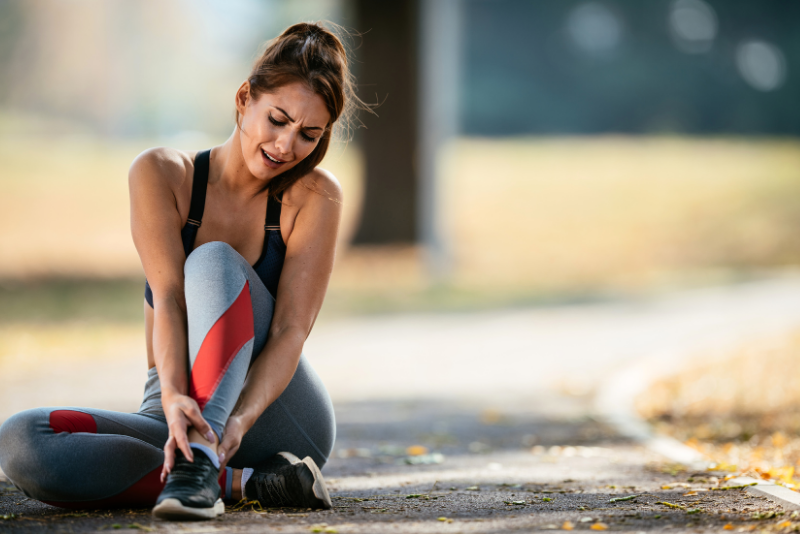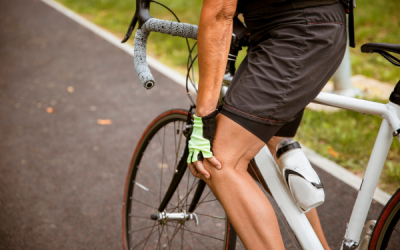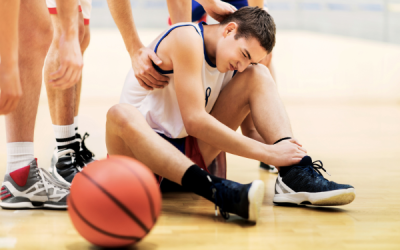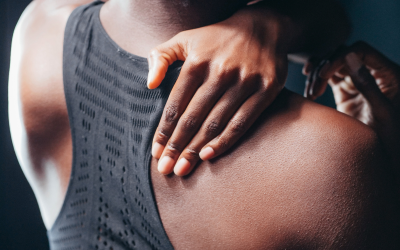Recover Safely with Tennessee Orthopaedic Alliance
Fall is an exciting time for student-athletes in East Tennessee. From football and soccer to cross country and volleyball, young athletes are training hard to compete at their best. With the season’s intensity comes a higher risk of injuries. At Tennessee Orthopaedic Alliance (TOA), we are dedicated to helping athletes stay safe, recover quickly, and perform at their optimal level.
What Are Common Fall Sports Injuries for Student Athletes?
Fall sports put unique demands on the body. Football players face risks of concussions, fractures, and ankle sprains due to heavy contact. Soccer athletes often experience knee injuries, such as ACL tears, ankle sprains, and muscle strains, from sudden direction changes. Cross-country runners are prone to shin splints, stress fractures, and overuse injuries from repetitive impact on uneven terrain.
Local weather also plays a role in sports injuries. Cooler fall mornings can tighten muscles, increasing the risk of strain if athletes skip their warm-ups. Rainy conditions create slick fields that contribute to slips, falls, and ankle injuries.
How Can I Help Prevent Fall Sports Injuries?
1. Strength and Flexibility Training
Building balanced muscle strength and improving flexibility protects joints and reduces the risk of sprains or strains. Core stability is crucial for athletes in soccer, football, and volleyball. We recommend resistance training two to three times per week, paired with daily stretching to keep muscles flexible and ready for competition.
2. Sport-Specific Warm-Ups
Dynamic warm-ups before practice or games prime muscles and joints for performance. Soccer athletes should include agility drills, while football players benefit from sprints and cutting drills. Warming up for 10–15 minutes significantly reduces the chance of injury.
3. Rest and Recovery
Adequate rest is often overlooked but is critical to athletic performance. Student-athletes should aim for 7–9 hours of sleep per night and take at least one rest day per week. Active recovery, like stretching or low-impact cardio, supports healing and reduces fatigue.
4. Protective Gear and Equipment Safety
Wearing the right equipment is key to preventing injuries. Properly fitted footwear provides support and stability, reducing the risk of ankle sprains. Soccer players should replace cleats regularly, while football athletes benefit from well-maintained pads and helmets. Supportive braces and padding may also help stabilize weak joints or protect previously injured areas.
5. Nutrition and Hydration Tips
Fueling the body correctly keeps student-athletes strong throughout the season. Balanced meals rich in carbohydrates, lean proteins, and healthy fats provide the energy and support necessary for recovery. Hydration is equally essential—drinking water throughout the day and consuming electrolyte drinks during long practices helps prevent cramps, fatigue, and heat-related injuries.
6. Recognizing and Treating Injuries Early
Ignoring pain can turn a minor issue into a serious injury. Athletes should watch for persistent soreness, swelling, or sudden weakness. Symptoms of a concussion, such as headaches, dizziness, or confusion, require immediate medical attention. The R.I.C.E. method—Rest, Ice, Compression, Elevation— is adequate for initial care, but an orthopaedic specialist should evaluate ongoing pain.
Coaches, Parents, and TOA Specialists
Injury prevention is a team effort. Coaches and parents must encourage safe habits, reinforce proper technique, and foster a culture where athletes feel comfortable reporting any pain they may experience. At TOA, our sports medicine experts provide preseason evaluations, treatment for acute and chronic injuries, and return-to-play plans tailored to each athlete’s specific needs.
Keep Your Student Athlete Safe This Season with Tennessee Orthopaedic Alliance
With the proper training, recovery, and support, East Tennessee’s student athletes can enjoy a safe and successful fall season. If your child experiences an injury or persistent pain, contact Tennessee Orthopaedic Alliance to schedule an appointment with our sports medicine team. We’re here to keep athletes healthy, active, and competing at their best. Reach out to learn more about becoming a Tennessee Orthopaedic Alliance patient.




